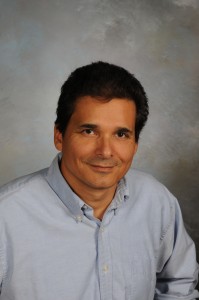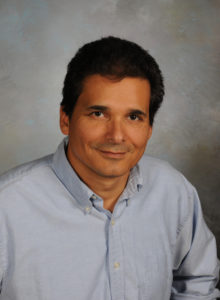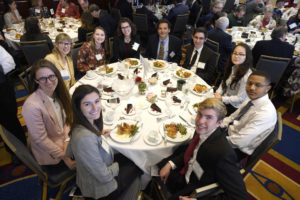
Department of Political Science and International Affairs Associate Professor Ranjit Singh
University of Mary Washington professor Ranjit Singh said he is looking forward to hosting Livia, a student from Fréjus for twelve days this summer. Read more in The FXBG Advance.



